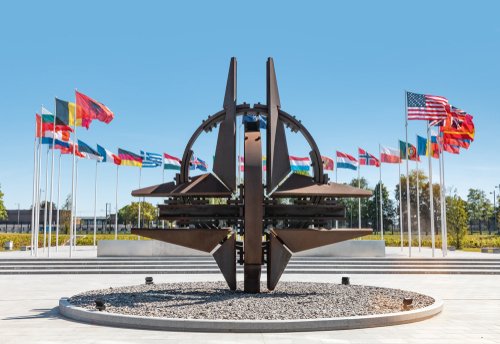Belgium, (Brussels Morning Newspaper) NATO Secretary-General Jens Stoltenberg has called on European countries to work on diversifying their energy supply, as growing tensions with Russia highlight their dependence on Russian gas as an irreplaceable interim energy source.
“We are concerned about the energy situation in Europe because it demonstrates the vulnerability of being too dependent on one supplier of natural gas and that’s the reason why NATO allies agree that we need to work and focus on diversification of supplies”, Stoltenberg declared on Sunday.
The European Union, as a whole, depends on Moscow for about a third of its gas supplies. Analysts have been warning that any supply interruption would likely worsen the existing energy crisis caused by gas shortages in Europe.
With Russia deploying more than 120,000 troops near its border with Ukraine, and Western intelligence agencies fearing that a full-scale invasion could be imminent, the US has spent the past weeks urging its European allies to agree on a strong package of sanctions against Moscow in case an invasion takes place.
The issue remains divisive, however, with Germany urging “prudence”. Since the Nord Stream 2 Baltic Sea pipeline linking Russia and Germany was set to open this year, Berlin appears reluctant to jeopardise the massive energy project despite the apparent need for unity among EU countries when it comes to presenting a common front to Moscow.
Officials from Germany and the US hinted that the pipeline could become the target of sanctions should Russia attempt an invasion of Ukraine, a message that was much more direct when delivered on the US side. On Wednesday, US State Department spokesperson Ned Price asserted that “Nord Stream 2 will not move forward” if Russia invades Ukraine, stressing at the time that he wanted this to be “very clear”.
In contrast, Germany’s Foreign Minister, Annalena Baerbock, was much more reserved when she addressed the Bundestag the same day. In her remarks, she spoke of the German government having “a broad bandwidth of responses” at its disposal in the event of Russian aggression, “including Nord Stream 2”.




